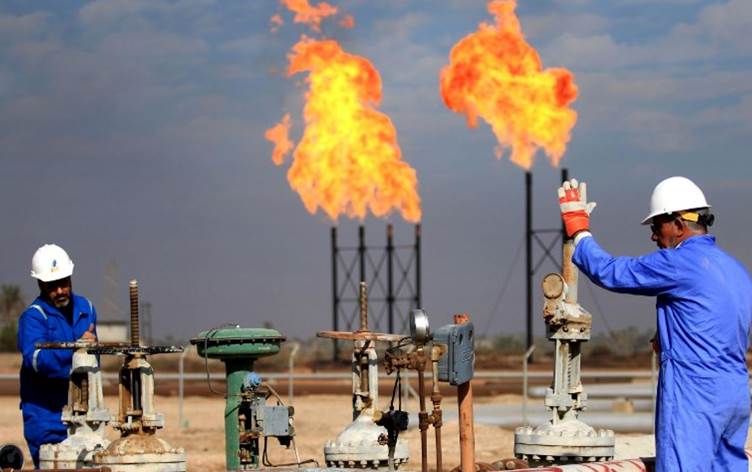The Muqtada Al-Sadr boycott remains a central feature of Iraq’s political scene, as the Shiite leader urged followers to reject the upcoming parliamentary elections. He criticized what he called “imposing dictates” by newly appointed U.S. Special Envoy Mark Savaya.
In a statement on his X account, Sadr wrote, “I know the decision to boycott is difficult for many. I acted in obedience to God and His Messenger. I also support reform and oppose the corruption of their enemies.”
Al-Sadr has long distanced himself from Iraq’s formal political process. In June 2022, he ordered all 73 Sadrist lawmakers to resign from parliament. Since then, he has maintained a strict boycott, including the current election cycle.
He urged his followers to remain committed to the boycott. “They are like the sun and moon, obedient and persistent. They reject worldly gain and corruption,” Sadr said. Moreover, he emphasized loyalty and moral integrity as key principles.
Sadr warned against compromising with corrupt forces. “The homeland is too precious to be sold to the corrupt. Do not replace the most corrupt with the corrupt,” he wrote. He criticized officials he described as subservient to Trump’s envoy, calling for vigilance against foreign influence.
Mark Savaya, a Chaldean Christian of Iraqi descent, was appointed as U.S. Special Envoy on Oct. 19 by former President Donald Trump. Additionally, Trump described him as a Michigan-based entrepreneur with strong regional ties. Furthermore, Trump said, “Mark’s understanding of Iraq-U.S. relations and his regional connections will advance American interests.”
In his statements, Savaya warned that Iraq’s sovereignty remains at risk unless all security forces operate under government authority. Furthermore, he highlighted that armed groups operating outside state control continue to threaten stability.
Analysts note that the Muqtada Al-Sadr boycott highlights growing distrust between political movements and external actors in Iraq. Sadr’s influence remains significant despite his withdrawal from formal politics.
The leader’s consistent calls for reform and anti-corruption measures continue to shape public discourse. In addition, the boycott signals strong opposition to perceived foreign interference and internal corruption.
Observers suggest that the Muqtada Al-Sadr boycott may affect voter turnout and influence Iraq’s political trajectory. His calls emphasize faith, loyalty, and rejection of compromised officials, reinforcing his long-standing stance.



